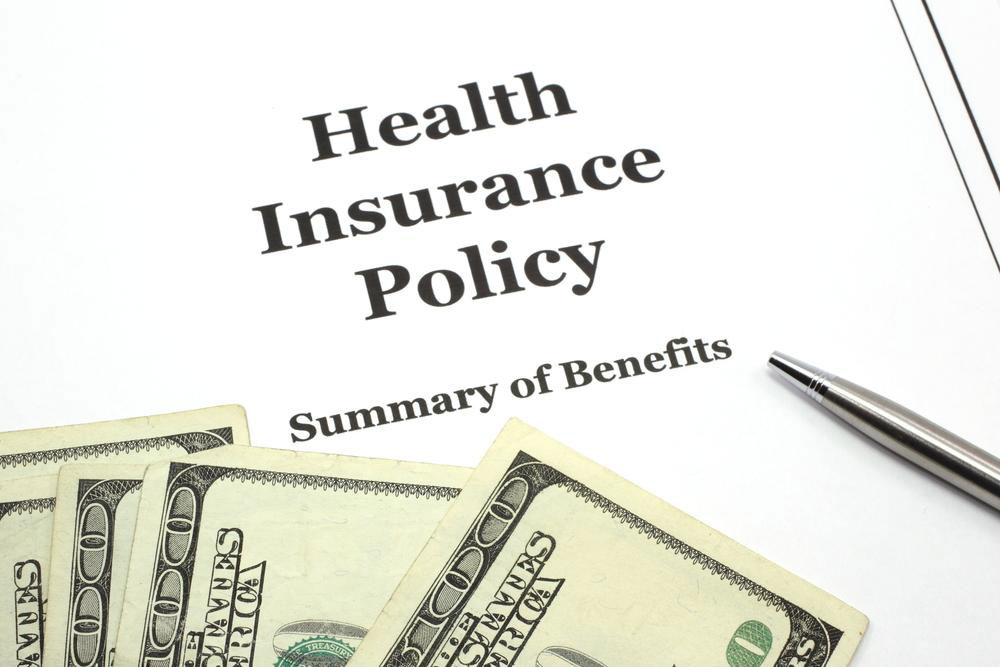Understanding the Risks of Medical Credit Cards
Explore the potential risks and benefits of medical credit cards. Understand how deferred interest plans work, the importance of negotiating medical bills, and why patients should approach these financial products cautiously. Learn tips for managing healthcare expenses wisely and making informed decisions to avoid pitfalls like high interest charges and overspending.

Understanding the Risks of Medical Credit Cards
Many healthcare providers now offer patients the option to charge medical expenses, including treatments and medications, to specialized credit cards. These cards, issued by financial institutions, are designed for individuals covering costs not included in their insurance plans.
A typical medical credit card often features deferred interest plans, enabling users to avoid interest charges if the balance is paid within a set timeframe. This can be useful when insurance does not cover specific procedures.
Despite their convenience, medical credit cards come with potential downsides.
Drawbacks of using medical credit cards
These cards often feature complex terms like deferred interest, which can lead to unexpectedly high interest charges if payments are missed or delayed. Patients may also be billed upfront for treatments they haven't yet received, hindering opportunities to negotiate better prices with providers. Negotiation could result in lower costs than relying solely on zero-interest plans.
Another concern revolves around healthcare providers promoting these cards primarily as financial solutions rather than focusing on patient care.
Many patients are drawn to the zero-interest offer, which requires full repayment before the promotional period ends. Otherwise, high interest rates on the remaining balance can cause costs to surpass the initial treatment expenses. Late payments can impact credit scores and trigger increased interest rates. Some providers encourage paying in advance using these cards, especially through aggressive sales tactics, which can lead to unnecessary expenses.
Consumers should avoid rushing into credit card payments for medical bills. Paying out-of-pocket allows for better negotiation of treatment prices, especially if the patient is informed about standard rates. Using credit cards eliminates this bargaining power and risks accruing substantial interest costs if payments are missed. These cards are most suitable for those confident in paying the full amount within the promotional period and managing minimum payments responsibly.
Stay informed about credit card updatesVisit Credit Cards for latest news. Follow us on Facebook and Twitter for investment insights.










